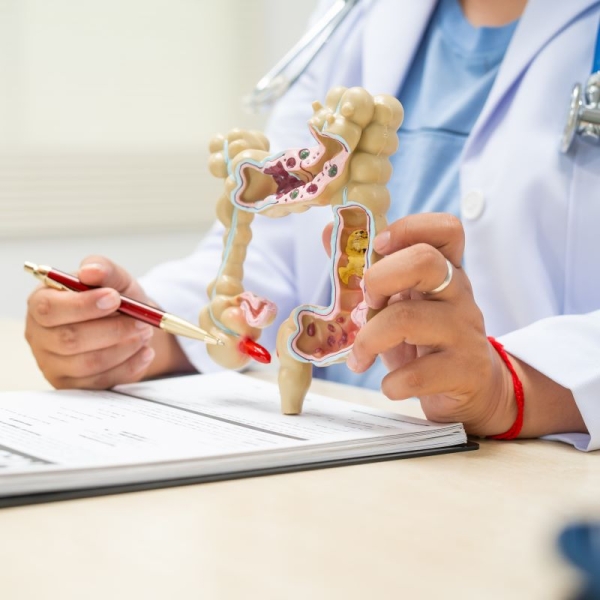16 Sep 2024 — An electronic capsule — the MoPill — that can wirelessly transfer vital information as it passes through the digestive tract is being developed by gastroenterology researchers at the Texas Tech University Health Sciences Center El Paso, US. The research team has dubbed it “a GPS for the gastrointestinal (GI) system” and is calling for investors’ attention.
“The MoPill system represents a significant leap forward in how we can diagnose and treat GI conditions. By providing accurate and real-time positioning, we can enhance the effectiveness of procedures and ensure better patient care,” explains Dr. Richard W. McCallum, a Texas Tech Health El Paso gastroenterology researcher who has spent years conducting clinical trials on the capsule.
McCullum and collaborator Dr. Irene Sarosiek, also a gastroenterology researcher at the same university, refer to the MoPill as a “GI positioning system” or a “GPS for the digestive highway,” as it transmits its location in three dimensions as it passes through a patient’s digestive system.
They explain that it is an improvement over current diagnostic techniques, which rely on potentially dangerous radiation to provide two-dimensional images of digestive organs, offering little, limited or no motility data.
“Our latest paper is significant and will be a trigger for companies to create a usable capsule that will change how we view Gl diagnostics. Historically, this will stand the test of time as a landmark breakthrough. The next steps for the MoPill will be to attract investors in the technology who can help refine it and introduce it to the healthcare marketplace,” McCallum asserts.
Safety and effectiveness
The most recent study conducted by McCullum and Sarosiek on the MoPill revealed its safety and effectiveness and it was recently published in Neurogastroenterology & Motility.
The MoPill is tracked using sensors attached to the patient’s body as it travels. The collected data reveals the capsule’s position in three dimensions and the time it takes to travel through 30 ft (9.1 m) of the GI tract, identifying the time spent in specific anatomic regions of the digestive system.

GI researchers Jesus Diaz, Irene Sarosiek and Richard W. McCallum (Image credit: Texas Tech University Health Sciences Center El Paso).The MoPill system also includes eight color-coded adhesive sensors, a recorder and software on a laptop. This provides physicians with valuable information about the patient’s GI motility — the movement of food, liquid and waste through the gut.
The study cohort included ten healthy individuals, five women and five men, with a mean age of 34 and a mean BMI of 24, of whom nine provided valid data. None of the subjects experienced any adverse events, and the MoPill worked as expected, reliably transmitting data along the way.
The subjects who were asked to fast overnight were given a 250-calorie protein bar, water and the activated MoPill (2 by 1.2 cm in size). They did not consume any other calories for the next five hours of the investigation.
The researchers obtained upright abdominal X-rays to assess the location of the capsule after one, five and 24 hours (if the capsule had not been expelled).
Sarosiek comments: “Our Texas Tech Health El Paso team has sparked a significant opportunity for the future of diagnostics thanks to this groundbreaking research.”
Future implications
Sarosiek further expresses her excitement to be part of the team and for what is next.
“We’re thrilled to have served as the investigators and authors of the inaugural MoPill trial, and to explore potential future research for the diagnosis of suspected gastrointestinal motility issues,” she says.
“We hope that further research will confirm our current findings and expectations for the forthcoming generation of wireless capsules.”
An ongoing human clinical trial at the Tufts Nano Lab at the Tufts University School of Engineering, US, is currently developing an ingestible git microbiome sampling pill. Its key aim is to investigate the link between health conditions and gut bacteria in particular.

